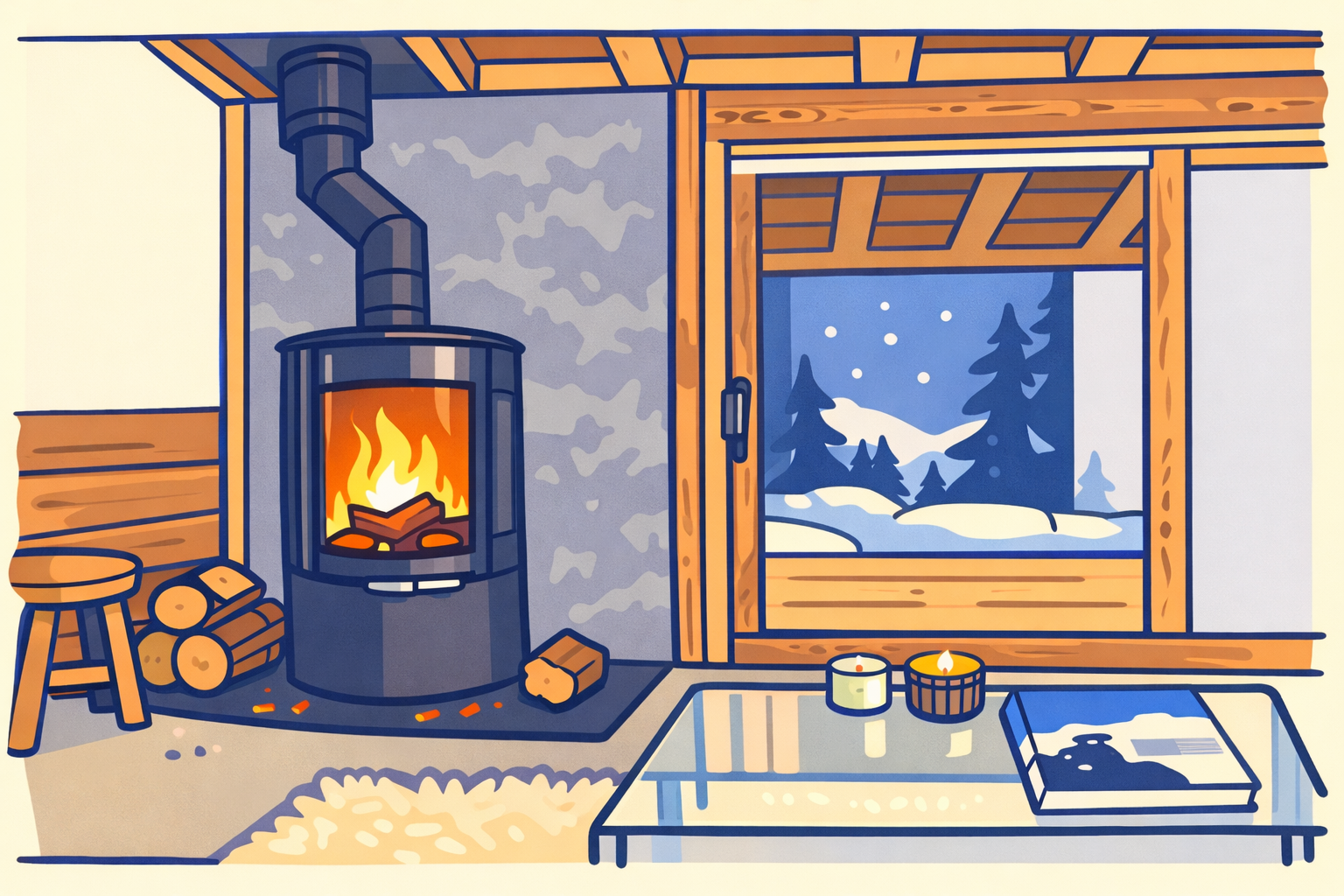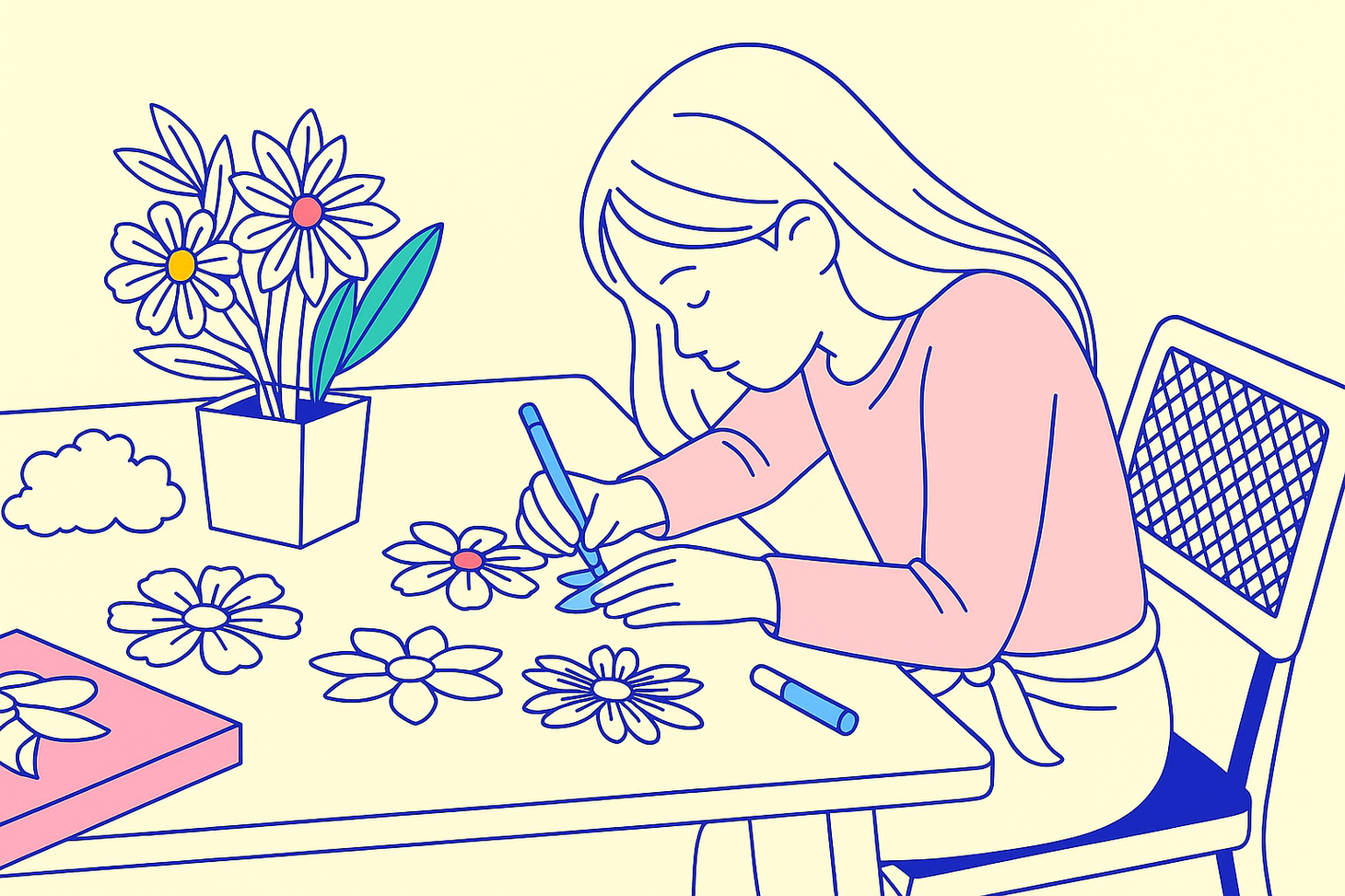The Hidden Cost of Anxiety in Leadership and Relationships
Anxiety quietly erodes our ability to lead, parent, and show up fully for the people who rely on us. Whether in business or at home, why our own best work must start with managing our own nervous systems.

Looking for some support? Learn more about coaching or joining a CEO peer circle here.
I have been letting my family down, routinely, for years. And I am only just beginning to see it.
I have had some of the edges of this awareness in the past. But it is coming into high definition. And the arrival of this awareness is bringing with it a complicated mix of shame, fear, and hope.
This is hard for me to admit: to myself, to my wife, here in writing. In a place I usually hold for sharing lessons about leadership, business, or creating.
But I often find my best coaching work, and perhaps my best writing, comes when themes I am navigating in my personal life intersect with themes I witness my clients navigating. And this is a big one. So I figured I would bring it in.
To put it simply, what I am talking about is the management of my anxiety. My nervous system. I am coming to see the number one job I have as a husband and a father is to effectively, day in and day out, minute to minute, manage my own nervous system.
For those of us who lead. Or teach. Or parent. Or who hold the more structured and safety-providing role in our romantic partnerships (sometimes referred to as the masculine or alpha), I am both reminded and coming to see afresh that this is the fundamental work of the role.
I appreciate that you are here. If you’d like to get these posts directly in your inbox, you can subscribe here.
I have recently been making my way through GS Youngblood’s book Masculine in Relationship. Youngblood contends the masculine in the relationship has three jobs:
- To respond instead of reacting
- To provide structure
- To provide safety
In my role as a husband and father, what is primarily needed from me by my family is my alpha. My family needs me to provide thoughtful responses (not anxious reactions), structure, and safety. (Of course, I also provide things like warmth, beautiful experiences, and coziness from my feminine side, but my primary offerings are the alpha or masculine offerings listed above.)
When we lead teams or organizations, whether a man, woman, or non-binary, we are most often in our alpha or masculine. We are providing structure, clarity, safety, etc.
The failure I am coming to see I have made with my family is missing the awareness for myself that the management of my own nervous system is the primary foundational work I need to do to be ready to show up for them the way they need me.
When my daughter is distraught, as she was this morning about not being able to find an outfit for school she likes, she needs calm presence from me. When my wife feels anxious because we are late for school drop-off, she needs me to stay grounded, help see what needs to be done to get us out the door, and keep the plan clear. When my son discovers he did not get into his dream music camp, he needs me to sit with him steadily. To feel my calm breath, my held gaze, letting him know it will be ok not only in my words but in my presence.
I knew this as a CEO, not at first, but in the later years. I have written about this idea in the past: a leader needs to put her oxygen mask on first. But I am seeing it anew and in starker light.
This is the work.
For parents.
For partners.
For investors.
For board members.
For CEOs.
For leaders.
The work begins with the management of our own nervous system.
Why?
Because leadership is all about helping others navigate threats and pursue opportunities.
We cannot do that if we are overcome by the threat in the moment.
Anxiety and unconscious response both come from a failure to manage our awareness and nervous system.
To parent well, and to be a better husband to my wife, I need to return to the basics. To knowing myself. To knowing my reactions. To managing my own state of being first thing in the morning, and throughout the day, so that I can bring steadiness and presence throughout the day.
This too is the work of a leader. The work of you reading. The work of every one of my clients. The job begins with managing our own state of being.
To bring it more clearly into the workplace, imagine a moment that will be familiar to any CEO or leader. You are sitting in a meeting, some news is brought up that feels existential. A big customer is churning, a funding round is on the rocks, or a key executive is leaving. What is needed in the moment? I would argue it is for the team in the room to find steady ground, get creative, and find together how we will solve our way through the challenge at hand. Most of us have had the experience of a leader in such a situation getting spun up and dumping his or her anxieties on the team. I myself have been that leader more often than I care to imagine. Contrast that with the trained leader who earlier that day meditated, journaled, or got to the gym, who has prepared and trained her mind. Who takes a deep breath, invites others around her to do the same, and holds the temperature in the room. Assures others from a deep awareness, not from a shallow passing effort, that things will be ok. That we will find our way. And then supports the team with presence and curious questions.
I am today deeply convicted of my own need to become, afresh, a master of my own inner state.
I am 45 years old, I am a professional coach, I have done thousands of hours of meditating and journaling, and I need to start over. Back to basics. Remembering that my number one job for those I love is to show up ready to be there. To hold steady in the face of any challenge or emotion they may be facing. Not faking that I am ok but rather having developed and continuing to develop a deep resource of wellness that is not contingent on the ups and downs of daily family life.
If you are reading this, and you are a leader of people, I would offer that is your work as well. And I would invite you to recommit with me to the journey of self-care and self-mastery. To be the masters of our own nervous systems.
If you are curious about the how, here are a few of my favorite practices for caring for my own nervous system:
- Meditation (10-20 min each morning works wonders; the Waking Up app is a great starting point)
- Journaling (Sometimes freeform, sometimes 3 items of gratitude, 3 goals for the day, one statement of self encouragement)
- Movement (For me this is moving heavy weights. Others love yoga, running, etc.)
I would love to hear what works for you!
Looking for some support? If now is the time to consider coaching (or a CEO peer circle), reach out here.
Wherever you find yourself, sending a big hug your way from my desk in Laguna Beach.
-Matt
Sanity Notes Newsletter
Join the newsletter to receive semi-weekly updates in your inbox.


